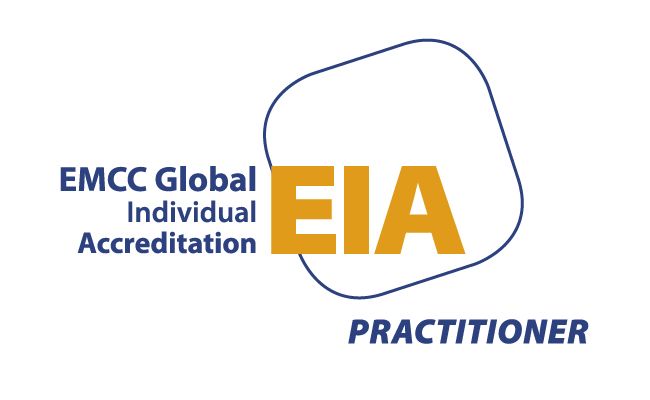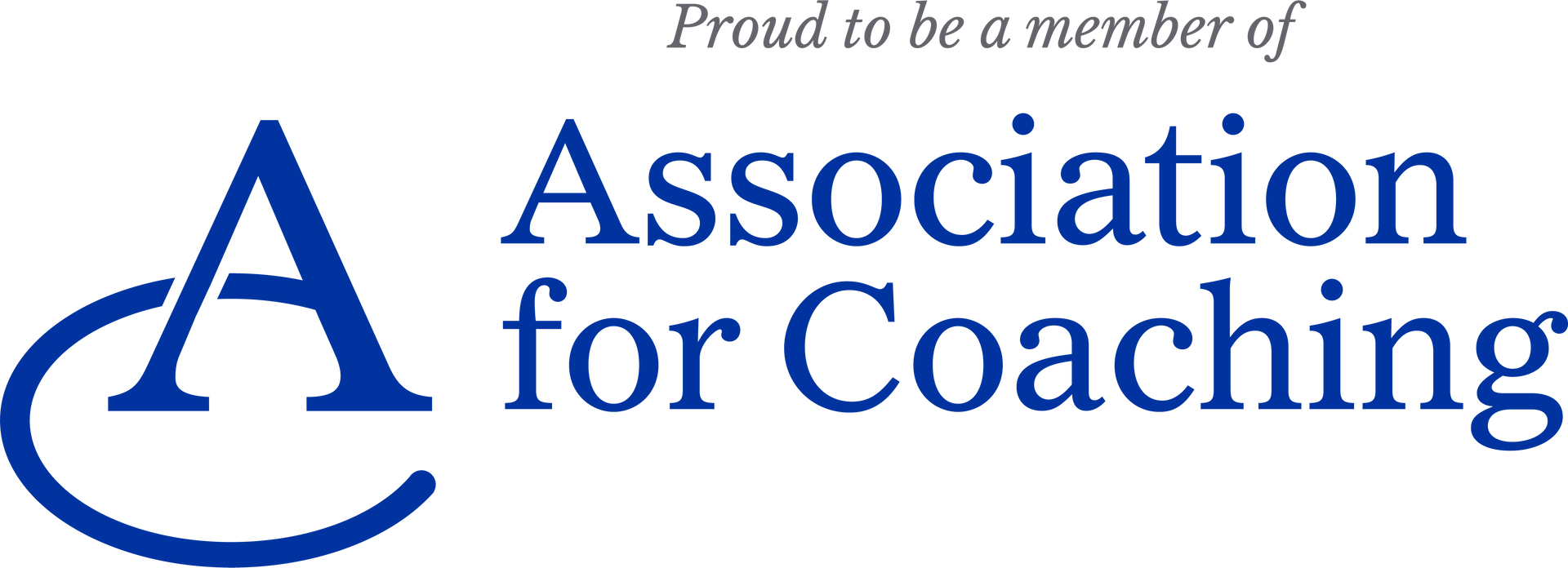Are you a Bull in a China Shop?
Barbra Carlisle • May 30, 2025
Ways to be a diplomatic leader NOT a bull in a china shop!

We all know them don’t we?
The ‘bull in the china shop’ style of leader who prides themselves on saying it ‘as it is’. Commonly accompanied with ‘You get what you see with me, I am an open book’.
The problem is that in today's complex and interconnected working environment, the ability to navigate relationships with tact and strategic insight is crucial.
Diplomacy in leadership fosters trust, facilitates collaboration, and enhances an organisation's adaptability, not the bull in a china shop approach.
As Jacqui Gavin, BEM, Director at 5 Senses of Inclusion
tells me in the latest episode of The Unlikely Executive, sometimes diplomacy requires you to bite your tongue, at times hard! And scream at squirrels to let out pent up frustration. So being a diplomatic leader doesn’t necessarily equal a zen leader!
The Value of Diplomatic Leadership:
Recent developments underscore the importance of diplomacy beyond traditional statecraft. For instance, the UK's Foreign, Commonwealth & Development Office (FCDO) launched the Knowledge for Development and Diplomacy (K4DD) programme in April 2024 to enhance the use of evidence in policy-making, emphasizing the role of informed and diplomatic approaches in addressing global challenges.
Similarly the Royal United Services Institute (RUSI) highlighted the need for the UK to adapt its diplomatic strategies to a more chaotic global landscape, suggesting that modern diplomacy requires agility and nuanced understanding, qualities equally valuable in corporate leadership.
Implications for Leaders:
People leading organisations, and people, can draw lessons from these diplomatic approaches:
• Enhanced Communication:
Diplomatic leaders prioritize clear and empathetic communication, essential for team cohesion and stakeholder engagement.
• Conflict Resolution:
Employing diplomacy aids in resolving internal conflicts and negotiating external partnerships.
• Strategic Decision-Making:
A diplomatic mindset encourages considering diverse perspectives, leading to more informed and balanced decisions.
Conclusion:
Integrating diplomatic principles into leadership practices can significantly benefit organizations. Glee Coaching offers tailored programs to empowering leaders to navigate their roles with strategic finesse.




